Sales is just as much an art as it is a science. Even a killer product, award-winning smile, and the ideal prospect won’t guarantee a sale if your method of approach is flawed.
Spend more than a day in sales and you get that rejection is a part of the gig. Not everyone needs or wants what you are selling, so you won’t convert every prospect no matter how charming and compelling you are.
That said, not every prospect that gets away was a lost cause.
The truth is, how you ask a question is more important than what you are asking. You’d be surprised how many times you can get a yes instead of a no purely based on how you word your question.
Here’s a tip that guarantees better results in sales and in daily communication: ask for help.
Seriously, humans are hardwired to want to help others. When we give of our time and energy, it promotes feelings of self-esteem and satisfaction.
When we help, we feel good.
Now here’s how you use it to your advantage on your next sales call.
Help is a magic word.
Next time you are gathering information on a prospect, change up your line of questioning.
Rather than request direct information such as, “Are you the right person to speak to regarding software sales?” Turn your question into an ask for help.
Here’s the new version:
“Excuse me, I was hoping you could help me. Who do I need to speak with regarding software sales?“
It’s a very subtle change, but the entire dynamic of the request is shifted. You have asked for their help, and failure to provide that help means they are going to disappoint you.
You put the responsibility of the outcome on them. Now whether or not you get the help you need is up to them. Just as helping others makes us feel good, not helping makes us feel guilty.
If you don’t get the help you need, it’s them who let you down. Not company policy, not their boss, them.
Are you saying if I follow this advice, I always get a yes?
Absolutely not.
This isn’t some mind trick that guarantees a yes in every instance. People still tell you no – but with one major difference.
When forced to deny a request for aid, they feel compelled to justify why they have to say no. Not only will they be much kinder to you, they will explain WHY.
An answer like, “I’m sorry, it’s against company policy for me to direct you to that person,” is far more useful to you than a flat refusal without context. A no with context tells you whether or not future efforts with this prospect are worth your time.
When you ask a direct question, you rob the other person of the satisfaction of providing aid.
By putting your fate in their hands, you increase the odds of getting additional information cloaked in context and justification.
Try it today! See the surprising difference in results from a simple rephrasing of the question.
“Help” means more Yeses and more useful Nos.
Speaking of which, I wondered if you could help me? If you or a business you know is in need of top-tier sales expertise, schedule a meeting with my team at Sales Arbiter.
Sales success is just around the corner!











